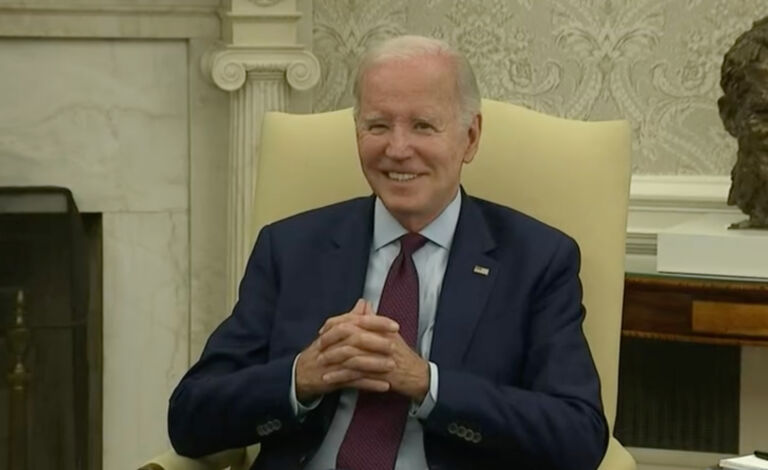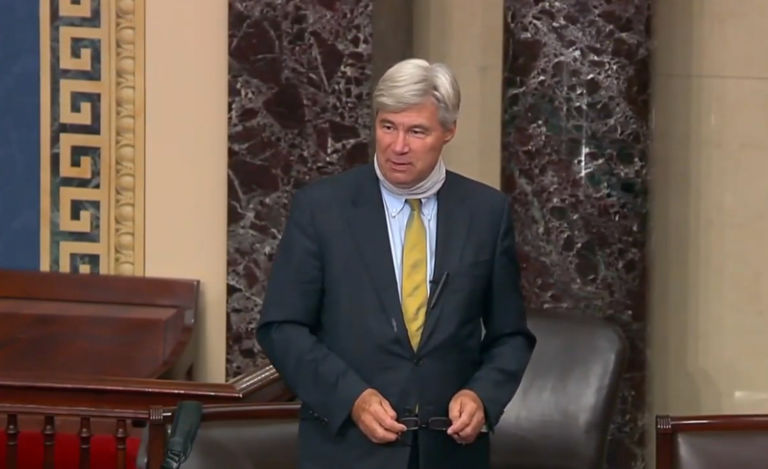Last September the John Locke Foundation joined other state policy organizations in filing an amicus brief in support of the petitioners in Friedricks v. California Teachers Association. As I explained at the time:
The California Teachers Association … wields enormous political power in the Golden State, and it uses its power to promote polices that many citizens, including many teachers, believe are harmful to students. Part of what makes the CTA so powerful is the fact that, under state law, all public school teachers are required to pay fees to the union, regardless of whether they are members and regardless of whether they agree with the policies it promotes….
The petitioners in Friedrichs v. California Teachers Association … argue that, especially in the education context, collective bargaining is inherently political because the issues involved — things like teacher tenure, merit pay, and school choice — are not simply contract details, they are matters of educational policy. On these and similar issues, the petitioning teachers are opposed to the policies being promoted by the union, and they object to being forced to pay for the union’s advocacy of those policies.
Prior to his death, Justice Scalia was expected to be part of a five justice majority that would rule in favor of the petitioning teachers. In his absence, the Court announced yesterday that it was “equally divided,” which means that the state law can stand, at least for now.
This is a disappointment for Ms. Friedrichs and her fellow petitioners, and for thousands of public employees across the country who are forced to support to unions even when they deplore what those unions do, but it is not the end of the story. The split decision has no precedential force, and the petitioners’ lawyers have already indicated that they will request a rehearing by the full Court after the vacancy left by Scalia’s death has been filled.
Of course, if Scalia’s replacement is a liberal justice like, say, Merrick Garland, a rehearing might be a mistake. A majority opinion supporting mandatory public employee union fees would be much worse than yesterday’s result. All of which goes to show why it is so important to replace Scalia with justice who is equally committed to textualism, originalism, and the rule of law.


